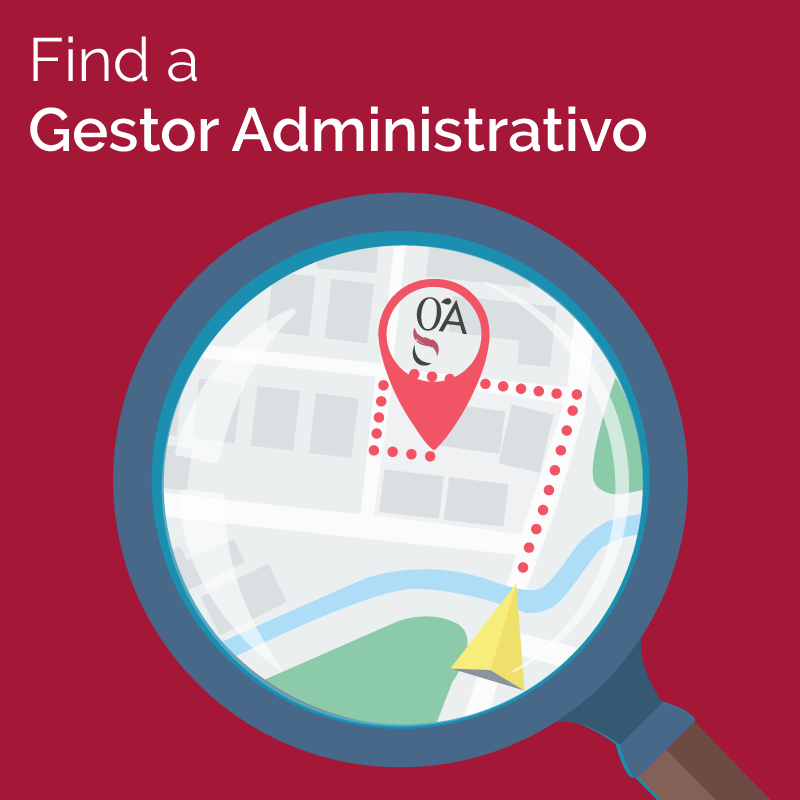
Are you involved in a project that would require more people but you don’t know how to partner with someone? Do you need easy steps to make it and without making a huge investment? If so, having a co-owner might be the answer for you.
What is a co-ownership?
The easiest way for self-employed and freelancers to go into partnership is to be co-owners of a project. This is the best option for small business. When two self-employed or freelancer decide to join so as to create a common project, they will face the decision of joining as co-owners, which is the easiest legal way to be partners.
In order to be co-owners, two or more people must sign a private contract —after which they will become co-owners. They will still be self-employed but now have the ownership of the project and the right to be a tenant.
This option is beneficial for a lot of people since it does not need great investments and, at the same time, it allows each co-owner to have the same rights they had while being self-employed.
Characteristics of a co-ownership
Before creating a co-ownership, there are some requirements you will need to meet:
- Private contract. This document will include the details of the business, the shares or implication of each co-owner —which could be money or equipment—, the percentage that each co-owner will get of benefits and loses, the use of common goods, among other aspects. We would recommend you to use a public document when signing the agreement.
- A minimum of two co-owners.
- As freelancers or self-employed, all co-owners have a joint and several liability in case of debts with third parties. This means that they all will have to pay the debt with their present and future personal goods and they will respond to the others’ debts.
- Co-owners must pay the Spanish Non-Resident Income Tax if they have set up their business in Spain. They will declare their benefits separately and, therefore, they will not have to pay the Corporate Tax.
- Benefits and loses will be shared accordingly to what has been previously agreed among all co-owners.
- The co-ownership does not have a single legal personality.
- It will follow the laws stated in the Trade Code for commercial inquiries and the Civil Code for rights and obligations.
- There is not a minimum amount to set up the co-ownership. Co-owners could contribute just with goods. They can also contribute, if they preferred, with money and work.
We hope we have helped you, but remember that a Gestor Administrativo is the qualified professional that can advise you on your business and will find the most profitable solution for you. Find the closest one to you here.

























